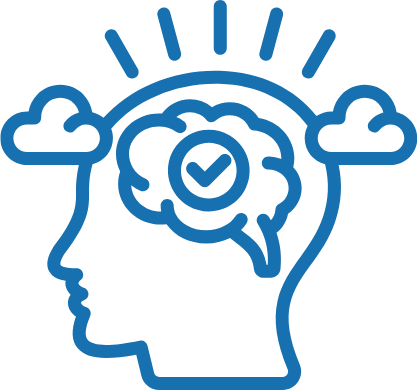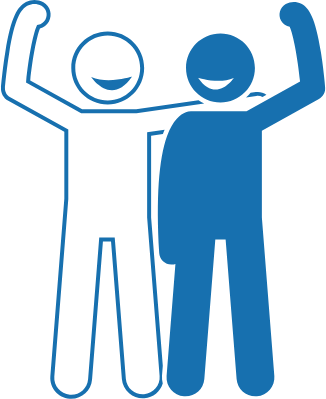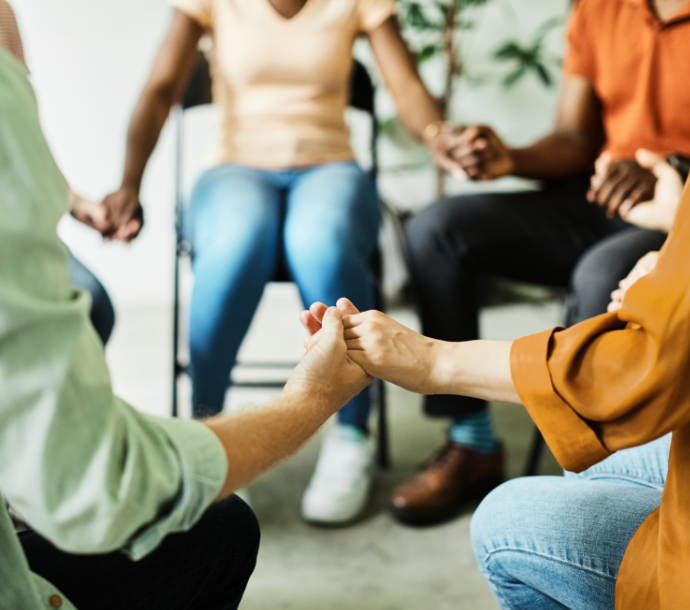
Addictions
Addictions
Addiction can affect anyone, regardless of age, background, or lifestyle. It often starts as a coping mechanism but can grow into a cycle that’s hard to break. Whether you're struggling with substance use, alcohol, or behavioral patterns like gambling or screen dependence, you're not alone. We provide non-judgmental, evidence-based support to help you understand the root of addiction and take meaningful steps toward lasting recovery.
What to Expect When Healing from Addictions
-

Freedom from Dependence
Reduce cravings and break free from cycles that feel out of control.
-

Improved Clarity and Focus
Experience clearer thinking and better decision-making as the fog begins to lift.
-

Reconnection with Self and Others
Rebuild trust in yourself and reconnect with loved ones in healthier ways.
-

A Renewed Sense of Purpose
Move forward with hope, direction, and a stronger sense of who you want to be..
What You Might Be Feeling in Addiction
Addiction often carries shame and secrecy, making it difficult to reach out. But acknowledging it is already a sign of strength. If you're unsure whether your habits are becoming harmful, here are some signs to reflect on:
Feeling out of control with a substance or behavior
Needing more of something to feel “okay”
Withdrawal symptoms; emotional or physical when trying to stop
Hiding usage from others or lying about it
Struggling with guilt, shame, or isolation
Difficulty maintaining responsibilities or relationships

How Support in Addictions Can Change Your Experience
You don’t have to fight addiction alone. With the right support, recovery is not just possible, it’s sustainable. Our approach helps you explore the deeper emotional triggers behind addictive behaviors and replace them with healthier coping strategies. Healing from addiction is a journey of reclaiming your life, one choice at a time.
Frequently Asked Questions
-
I work with people struggling with a range of addictions, including alcohol, substances, and behavioral addictions like pornography, gambling, or compulsive eating. Treatment is tailored to the individual, not just the diagnosis.
-
I provide integrated care, focusing on therapy and integrating medication when appropriate. My work is grounded in psychodynamic understanding, relational approaches, relapse prevention, and harm reduction, rather than a one-size-fits-all model. I aim to support insight, accountability, and meaningful change.
-
No. While I support clients in working toward abstinence when it's their goal, I also work with people who are not yet abstinent or are exploring the role of a substance or behavior in their lives. The focus is on building trust, increasing self-awareness, and working collaboratively on next steps.
-
Yes. I offer weekly interpersonal process groups that are particularly helpful for people in recovery. These groups support emotional regulation, relationship skills, and the deeper work of healing what drives the addiction—not just managing the behavior.
-
Absolutely. Many clients come to me after completing an intensive program. I offer continuity and depth, helping you maintain progress and continue growing—without starting from scratch.
-
I’m familiar with 12-step principles and support patients who choose to engage in these and other peer-based recovery programs. Many of my patients attend meetings, and I welcome incorporating that work into our sessions. Others prefer alternative forms of peer support, which I equally encourage.
More Ways We Can Support You
Are you ready to build the life you want to live?
We can help you achieve optimal health, lead active and fulfilling lives.











